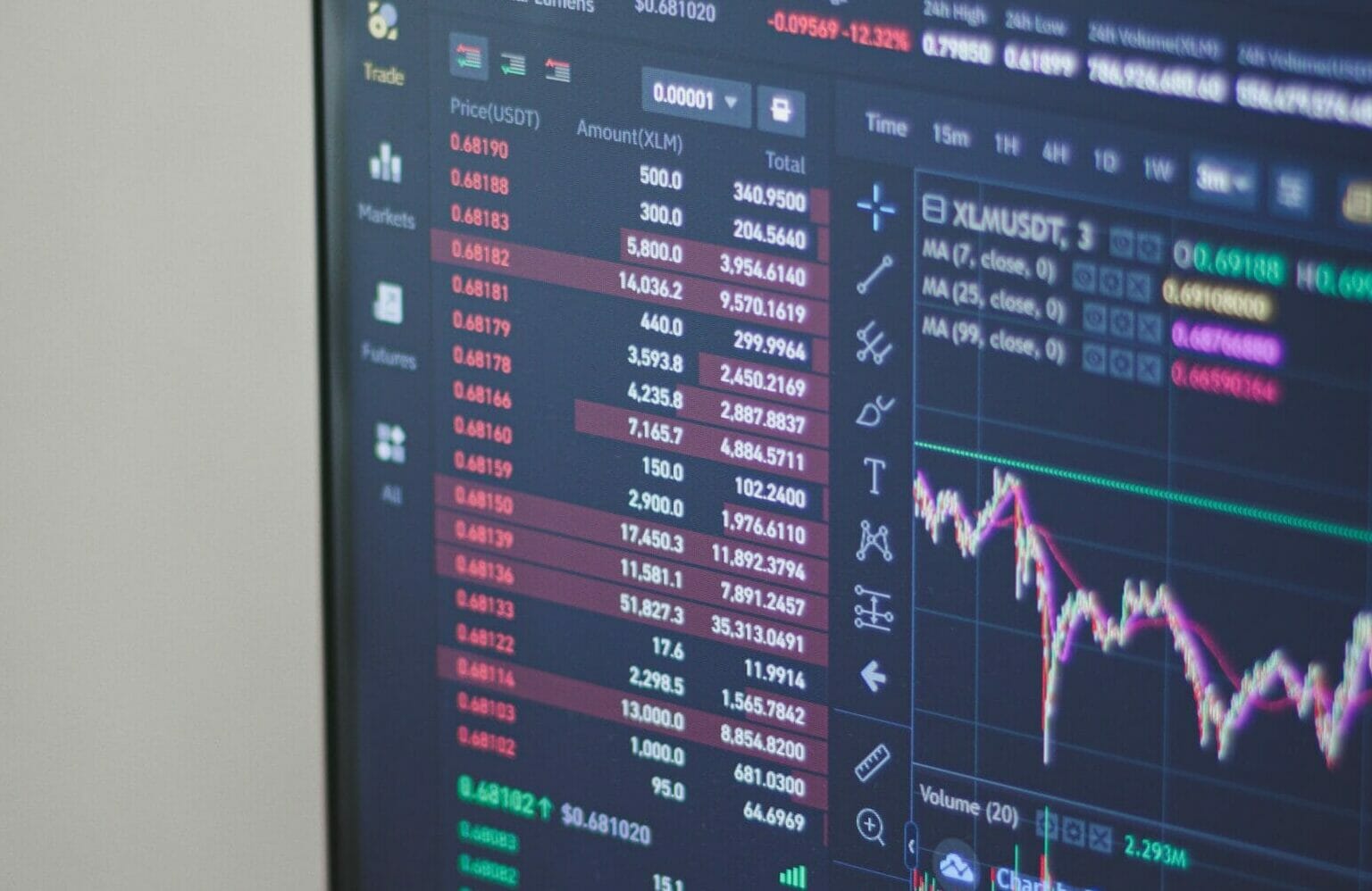The fund’s equity returns fell 17%, while fixed income and unlisted renewable energy infrastructure fell 9.3% and 13.3%, respectively.
The first half of the year saw a loss of $174 billion for the largest sovereign wealth fund in the world, which blamed the loss on inflation and conflict in Europe.
The return that the fund earned on its equity assets dropped by 17%, while the returns it earned on fixed income investments and unlisted renewable energy infrastructure fell by 9.3% and 13.3%, respectively.
The largest sovereign wealth fund in the world, Norway’s, lost 174 billion dollars, or 1.68 trillion Norwegian kroner, in the first half of 2022. This was because the stock market as a whole had a rough six months.
During that time, the $1.3 trillion fund lost 14.4% of its value because stocks and bonds reacted violently to fears of a global recession and skyrocketing inflation. Norges Bank, the country’s central bank, said on Wednesday that the fund’s return was 1.14 basis points higher than the return of the benchmark index. This is equal to 156 billion kroner.
“The market has been marked by high inflation, rising interest rates, and war in Europe. Up to 17 percent less money is being put into stocks and bonds.
“With a return of -28%, technology stocks have done the worst,” Nicolai Tangen, CEO of Norges Bank Investment Management, said in a press release.
The fund’s return on investments in stocks fell by 17%, while returns on investments in fixed income and unlisted renewable energy infrastructure fell by 9.3% and 13.3%, respectively.
The fund’s wealth is based on Norway’s huge oil and gas reserves in the North Sea. Energy was the only sector where the fund didn’t lose money after it put a lot of money into wind power in recent years.

“The energy sector earned 13% in the first half of the year.
Oil, gas, and refined goods have all gone up in price by a lot,” Tangen said.
Matthew Oxenford, an analyst at the Economist Intelligence Unit, told CNBC that NBIM’s (Norges Bank Investment Management) performance is “symptomatic” of a larger trend in most of the world’s largest investment funds.
“Global financial markets went through a lot of changes in the first half of 2022, and the value of most diversified funds went down,” Oxenford said.
“Globally, much of this decline was caused by aggressive monetary tightening by central banks,” he said. “This led to a sharp drop in investments in fast-growing companies in high-growth sectors like tech, with Meta being the largest single source of loss in NBIM’s portfolio,” he added.
The loss comes at the same time as the worst first half for the U.S. stock market since the 1970s.
Oxenford said that the fund will get out of its financial problems, though.
“Since NBIM is very diversified and has a long-term investment strategy, it should be able to weather this storm,” he said. “However, the very high growth rates we’ve seen in 2020 and 2021 are unlikely to come back, since global central bank interest rates aren’t likely to go back to near-zero levels any time soon.”
The major U.S. indexes were hit hard by inflation, interest rate hikes, and the war in Europe. In the first half of the year, the Dow Jones Industrial Average fell more than 15%, the S&P 500 fell more than 20%, and the Nasdaq Composite fell almost 30%.
